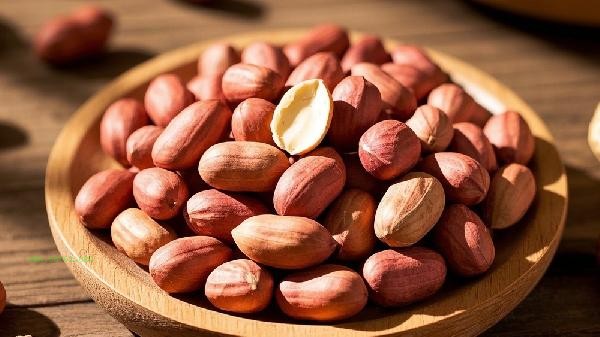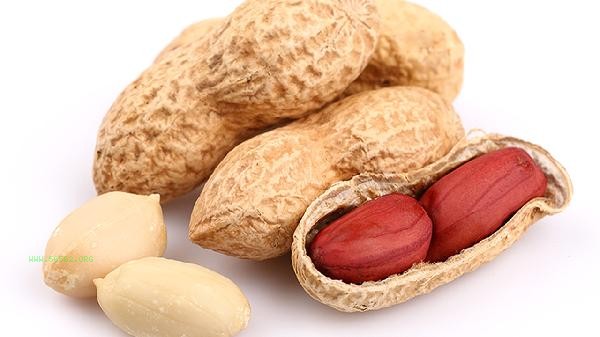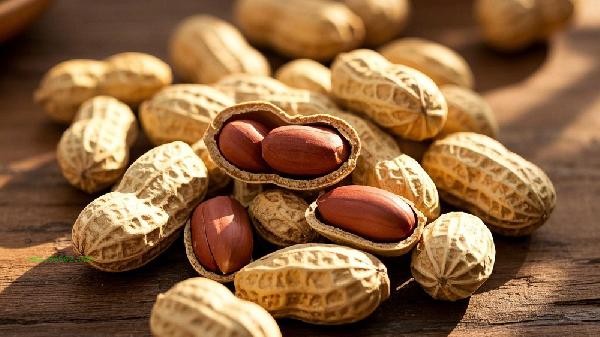Peanuts that are fried and burnt are generally not recommended for consumption. Fried peanut beans may produce harmful substances, and their taste and nutritional value will significantly decrease. Fried peanut beans are prone to a burnt reaction at high temperatures, leading to protein and fat oxidation and the production of potentially harmful substances such as acrylamide. Long term intake of these substances may have adverse effects on health. Fried peanut beans will lose their original crispy taste and become bitter and difficult to swallow, while nutrients such as vitamin E and unsaturated fatty acids will also be greatly lost. Although slightly burnt peanut beans may not immediately cause serious health problems, it is recommended to remove the burnt parts as much as possible before consumption. If peanut beans show obvious charring, smoking, or a pungent odor, it indicates severe gelatinization and must be discarded and not consumed. This type of food not only contains more harmful substances, but may also contain strong carcinogens such as benzo [a] pyrene. In special circumstances such as accidentally consuming a small amount of fried peanut beans, drinking plenty of water can promote metabolism. However, if discomfort symptoms such as nausea and abdominal pain occur, seek medical attention promptly.

When cooking peanuts in daily life, the oil temperature should be controlled to avoid being too high, and it is safer to use low and medium heat for slow frying. Choose fresh peanuts and pay attention to the color changes. When the peanuts turn cash yellow, immediately remove them. Store fried peanuts in a sealed and moisture-proof manner, and it is recommended to consume them within a week. If you are concerned about the healthiness of deep frying, you can switch to baking in an oven or using an air fryer to reduce oil intake and also lower the risk of burning.










Comments (0)
Leave a Comment
No comments yet
Be the first to share your thoughts!